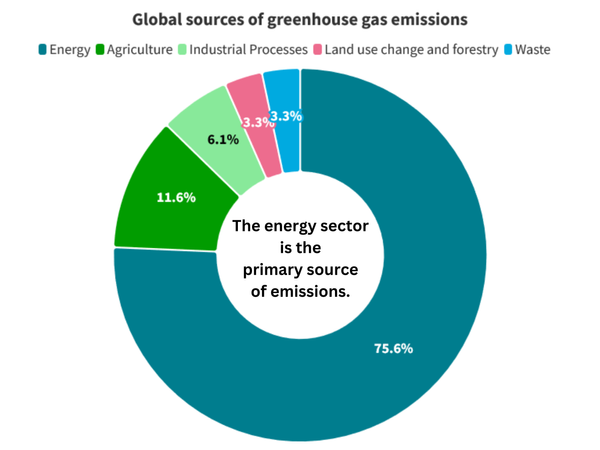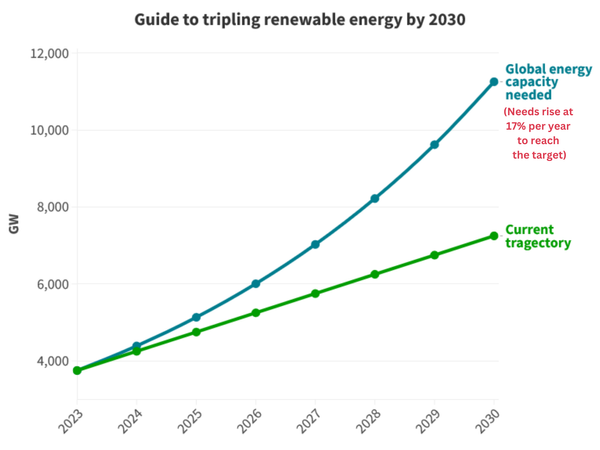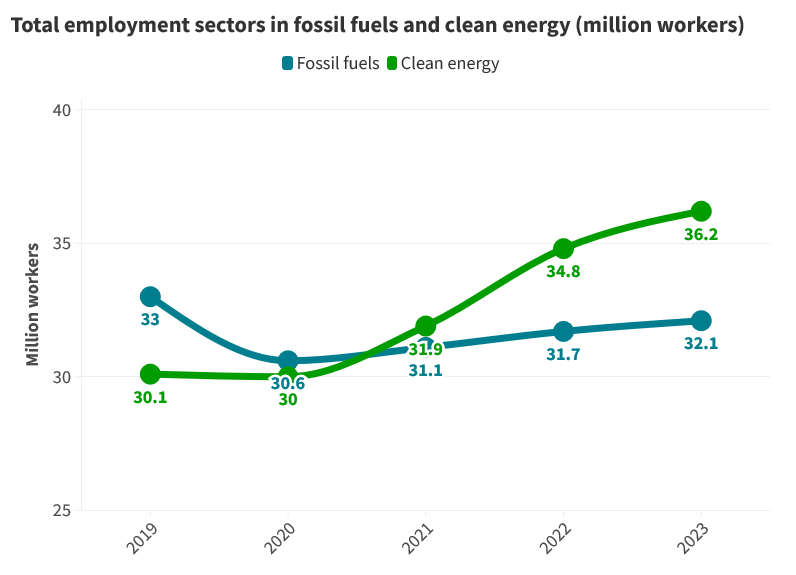EU's emergency meeting to discuss energy crisis
The European Union (EU) Energy ministers met on September 9 in Brussels to address the current energy crisis in the EU. The meeting agreed to speedily work on possible emergency measures to mitigate current high prices and support the winter demand.
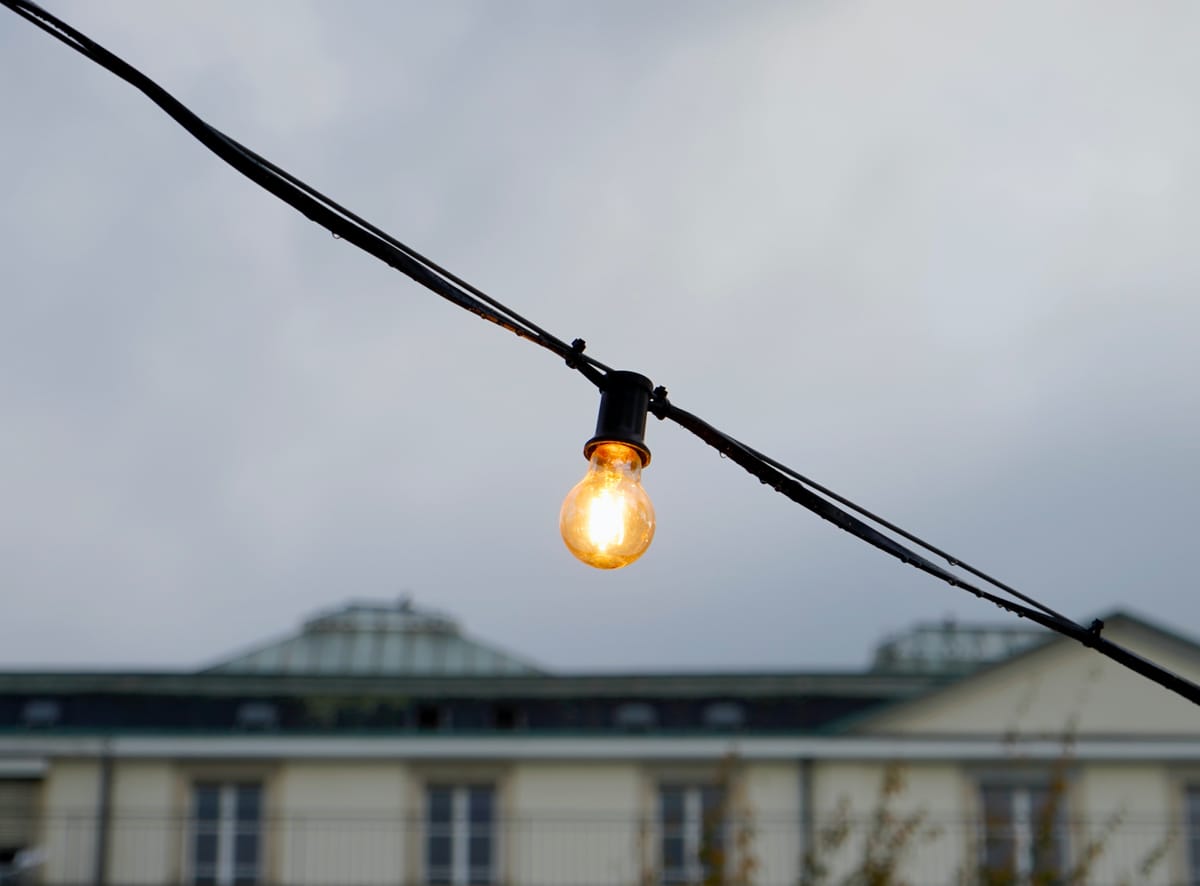
The European Union (EU) Energy ministers met on September 9 in Brussels to address the current energy crisis in the EU. The meeting agreed to speedily work on possible emergency measures to mitigate current high prices and support the winter demand.
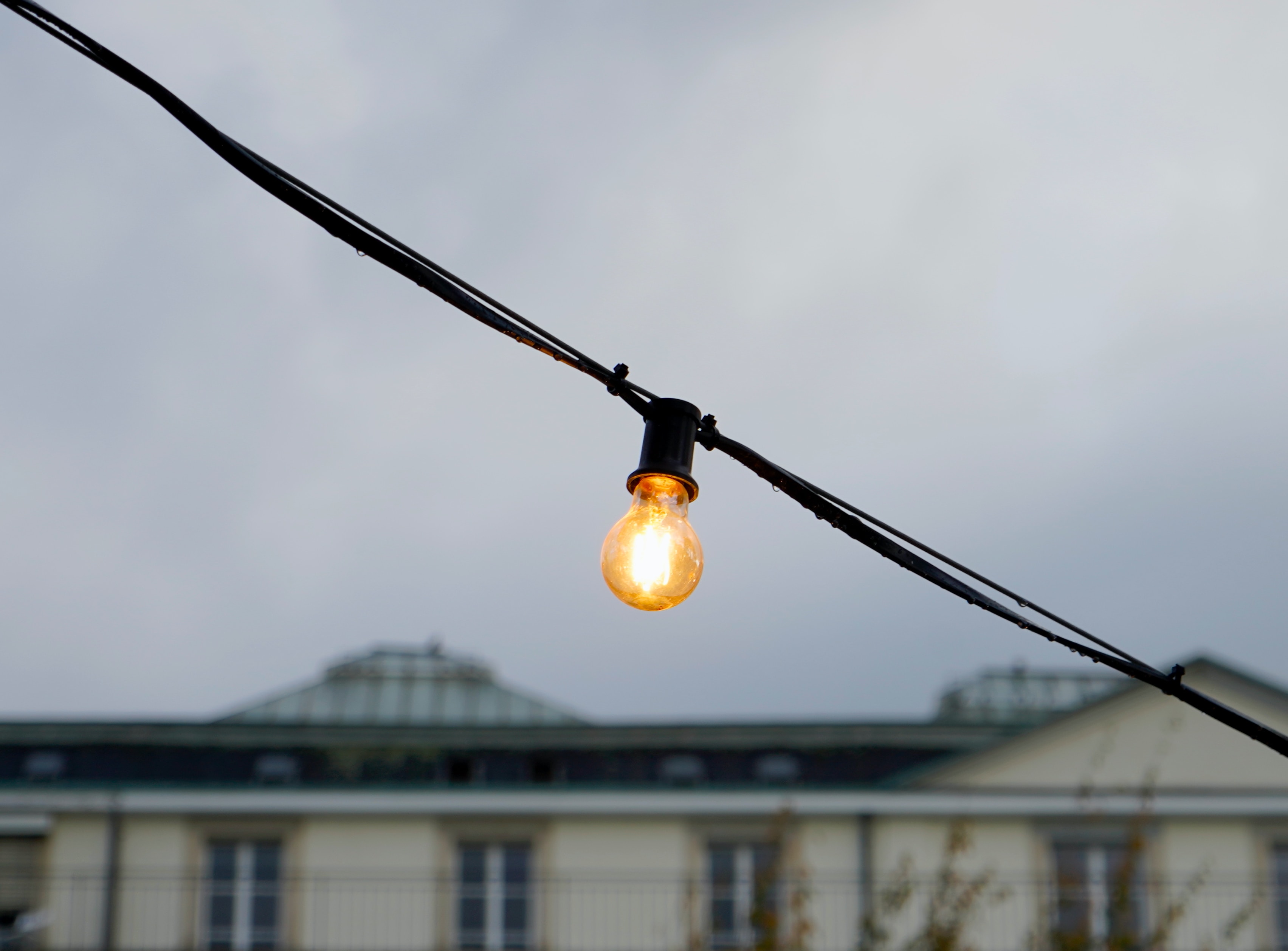
Electricity generation capacity in the EU has been significantly lower than usual in the last months due to the shortfall of nuclear power and hydropower. The situation worsened after Ukraine's invasion, which left the EU no choice but to seek energy supplies from other countries, such as Qatar, Norway, and the United States.
Last Friday's meeting was supposed to provide a platform for the countries to discuss possible solutions, where more than half of the EU's member states mentioned energy price caps. It is the maximum yearly price a utility company can charge a customer. However, the majority of countries didn't meet common ground.
The meeting saw the ministers' contradictory vision over the issue of the gas price cap, primarily over whether it should apply only to Russian gas or all EU imports. France, Greece, and Poland agreed for the cap to be imposed on all gas supplies, including liquefied natural gas (LNGs). There were also countries, such as Germany, the Netherlands and Denmark who opposed a general gas price cap, as it would mean less interest from the supplies in the price-competitive world, and could jeopardize Europe's winter energy security.
On the other hand, Italy and Poland believe that gas price caps would provide relief to households and businesses, hit hard by rising gas prices. The Czech Republic, Slovakia, Austria and Hungary do not believe the cap on Russian gas is a solution to the current crisis.
The European Commission (EC) has called for member states to expand efforts to cut electricity use and to impose a cap on the revenues of companies that have low operating costs but sell at the current inflated market price.
Read: Germany's Farewell To Nord Steam 1
Read: A Step Back To Secure Energy
Meeting outcomes
The majority of member countries recognized the necessity to address the discrepancy between supply and demand, and the disproportionate influence that current gas prices have on electricity bills. Ministers invited the EC to present a set of measures by mid-September, addressing:
- Cap the revenues of electricity producers with low costs of production and introduce a solidarity contribution from fossil fuel companies to be used to mitigate the impact of high energy prices on customers.
- Propose temporary intervention, including a gas price cap, to limit the impact of high gas prices on EU electricity markets and energy prices for customers, although the proposal needs further revision.
- Coordinate and address electricity demand across the EU to relieve pressure on electricity generation and high energy prices and its volatility in futures markets.
- Commitments to meet commonly agreed-on GHG emission-reduction targets.
- Possible reduction of gas use in the EU by 15 % until the next spring. This week, the president of the EC, Ursula Von der Leyen, has asked member states to cut their overall electricity consumption by at least 5% during peak price hours.
- Enhanced collaboration with international partners and reliable suppliers to increase gas deliveries. Ministers encouraged further work on the voluntary EU Energy Platform on gas, LNGs, and hydrogen, to secure the EU's energy supply at affordable prices.
- Extended and broadened the scope of the Temporary Crisis Framework at least until 31 December 2023 for liquidity support measures, covering increased energy costs, and aid supporting the accelerated deployment of renewables and the decarbonization of the industry.
- Accelerate the decarbonization of the EU's energy system and reduce dependency on fossil fuels.
- Support Ukraine and reinforce the ongoing energy cooperation with Ukraine, in particular the mutually beneficial trade in electricity.
The meeting concluded with a mission to take absolute emergency measures to overcome the current energy crisis, with price capping one of the options, but they still need to decide whether to cap the price of all imported gas supplies or just from Russia. The EU also faces an obligation to still be attractive to investors for the suppliers by not scaring them off with a price-capping mechanism. According to Reuters, the EU's 27 member countries will have to approve the energy measures this month, possibly at another emergency ministerial meeting.
Summary
- The EU Energy ministers held an emergency meeting to discuss the current energy crisis on September 9, 2022
- Countries are divided on a price-capping mechanism
- Ministers discussed providing symptomatic relief from high energy prices
- European Commission to draft measures to extract excess revenues from non-gas power sources, reduce EU-wide electricity consumption, and assist power firms in need of emergency liquidity
